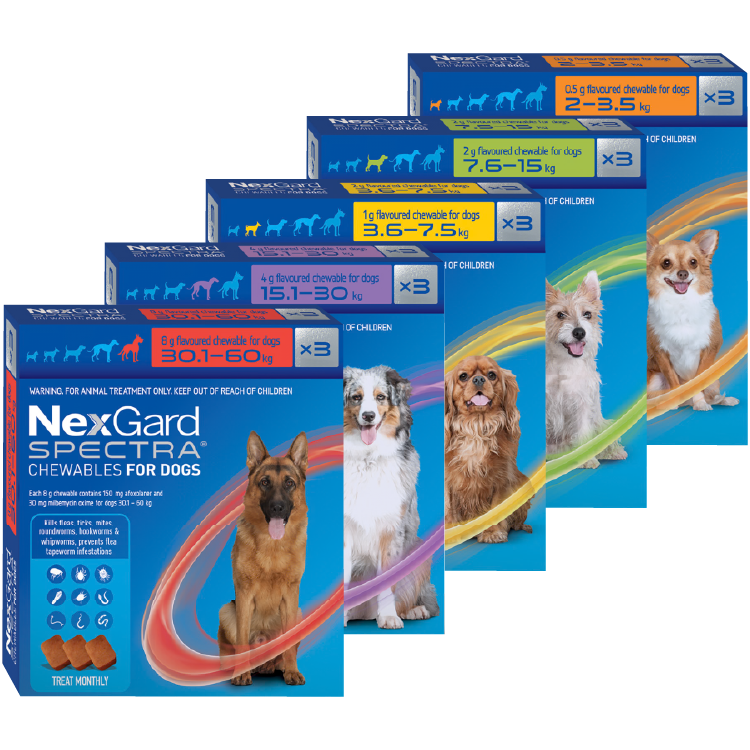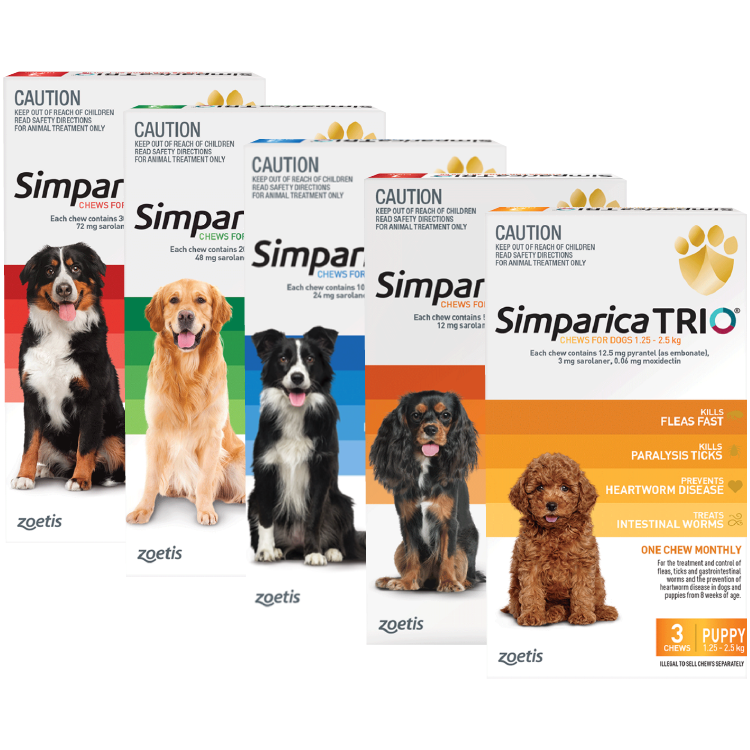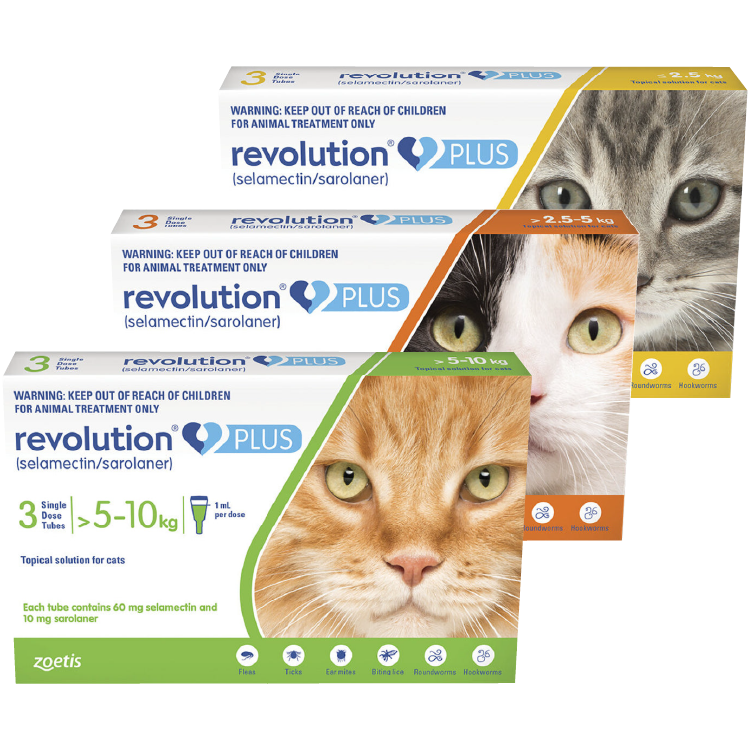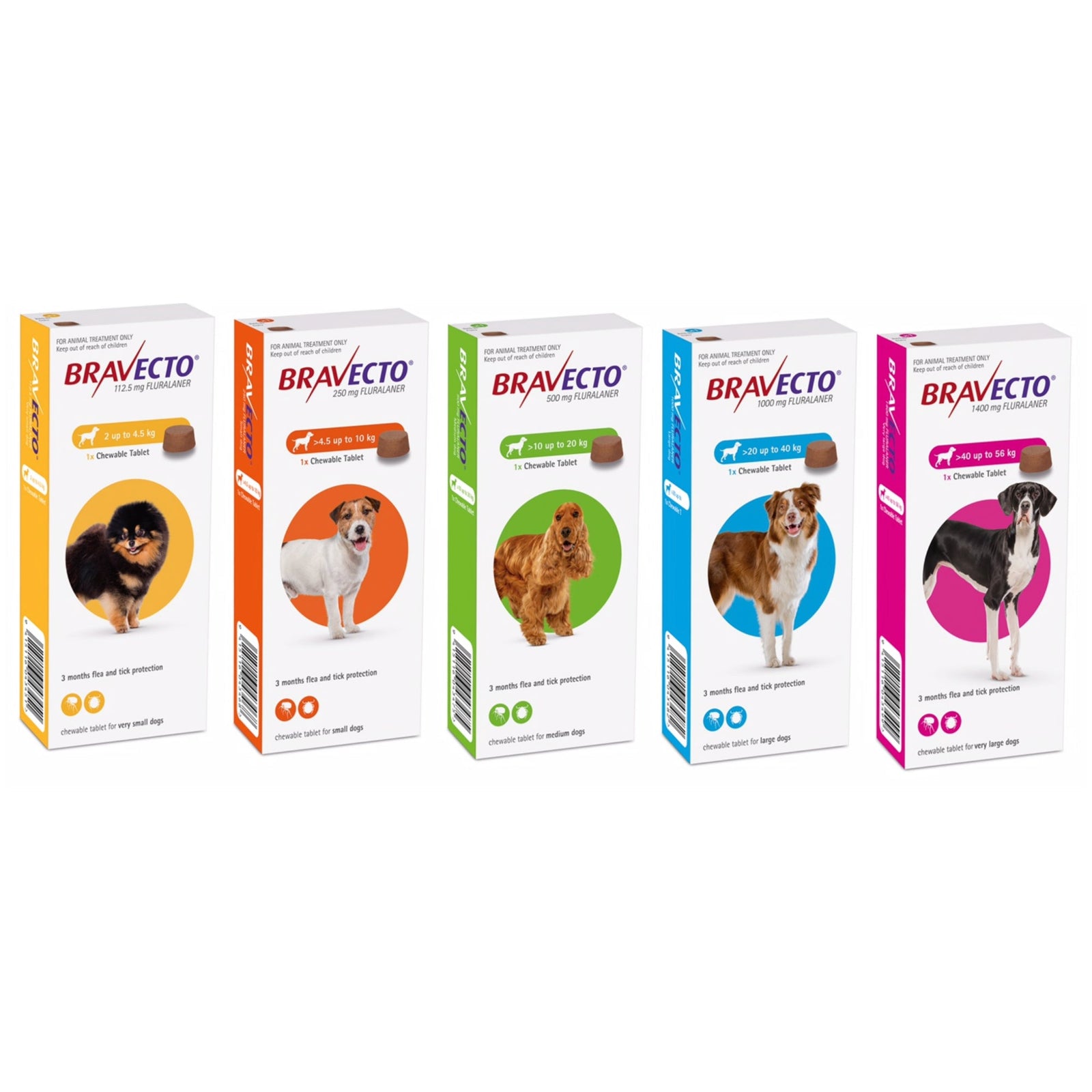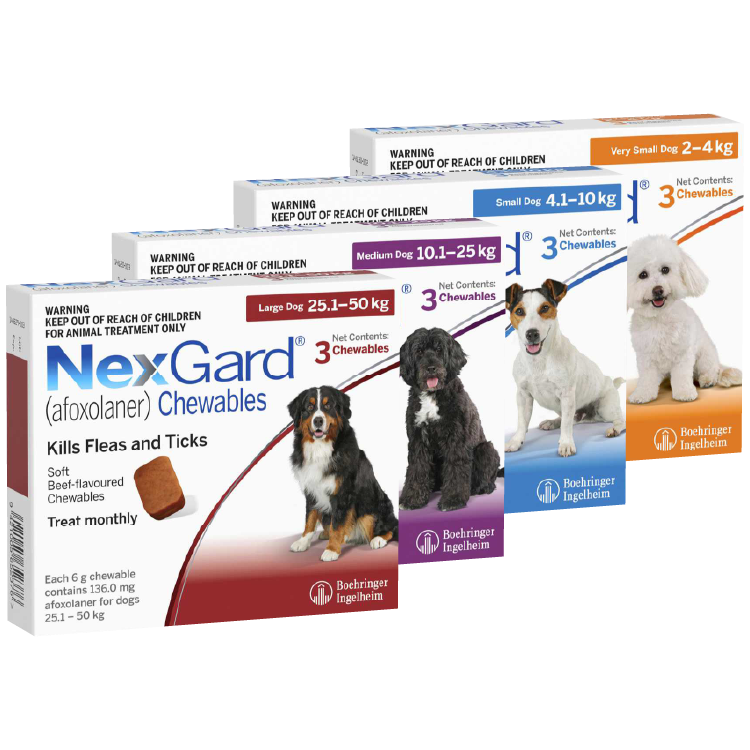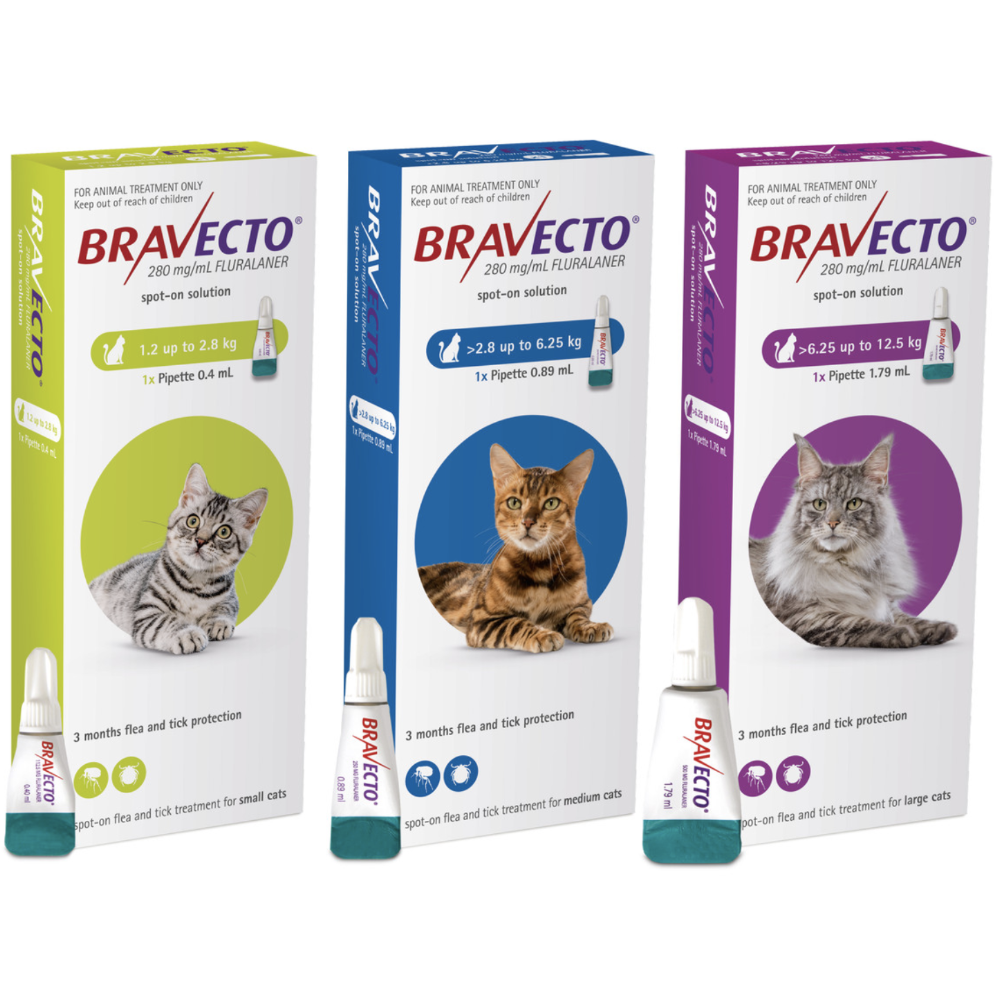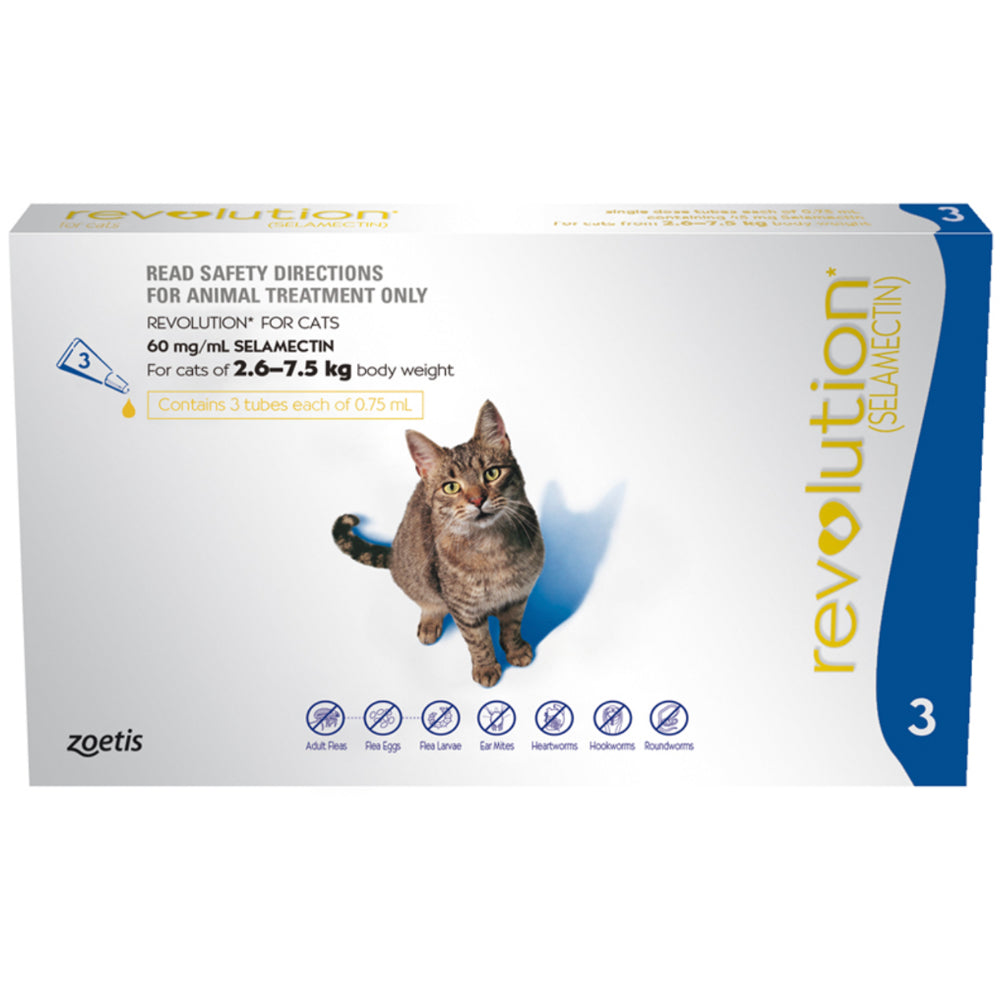NZ-Owned & Vet-Led • Free Shipping with Auto Deliver
NZ-Owned & Vet-Led • Free Shipping with Auto Deliver
Add description, images, menus and links to your mega menu
A column with no settings can be used as a spacer
Link to your collections, sales and even external links
Add up to five columns
Add description, images, menus and links to your mega menu
A column with no settings can be used as a spacer
Link to your collections, sales and even external links
Add up to five columns
Diarrhoea in Dogs and Cats: Quick Owner Guide
August 14, 2025 2 min read
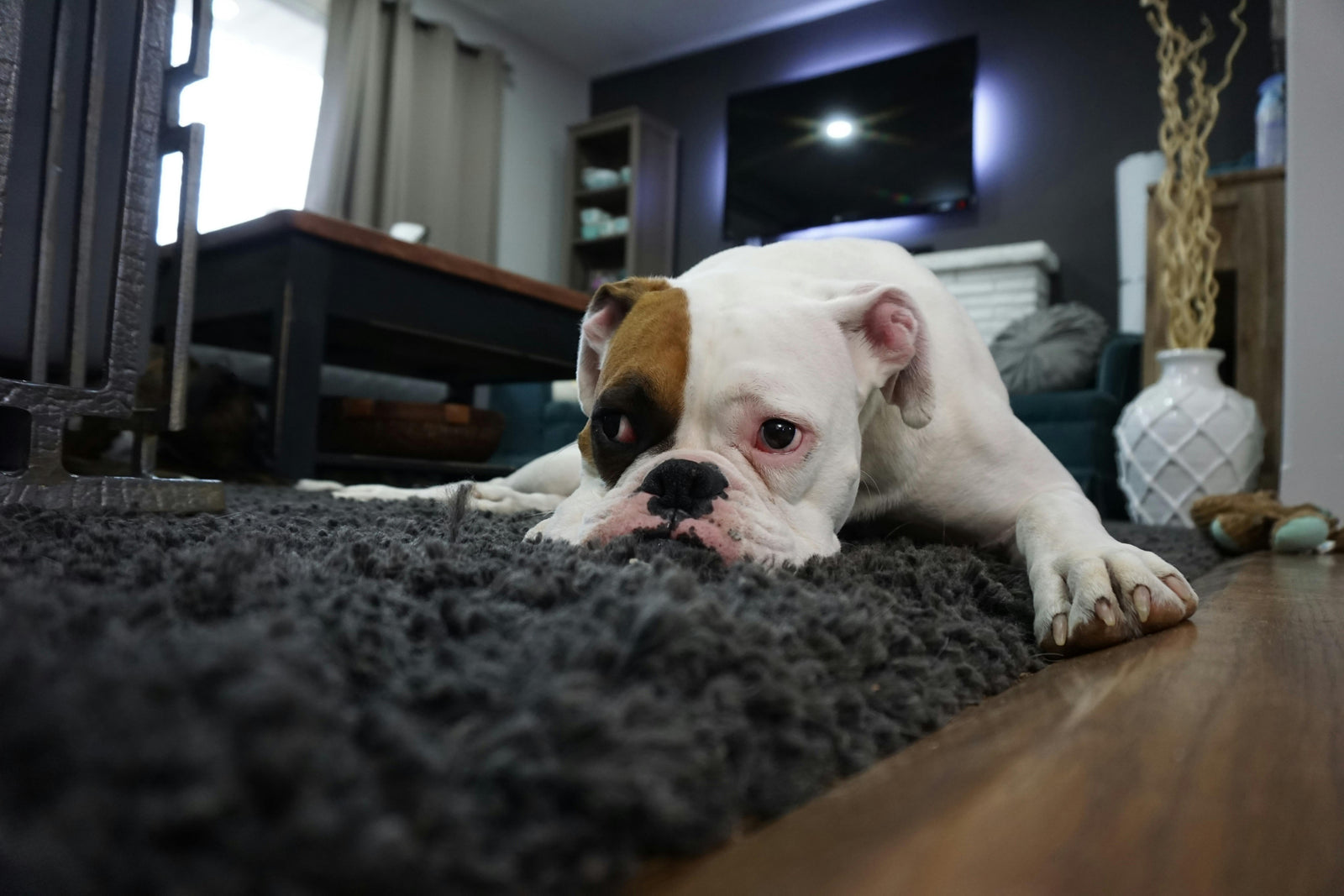
What counts as diarrhoea
Loose or watery stools, going more often, or straining with small amounts of soft stool. One or two episodes in a bright pet can settle. Ongoing, severe, or bloody diarrhoea needs a vet.
Red flags that need a vet now
-
Vomiting as well, or blood in stool
-
Black, tarry stools
-
Belly pain, bloating, weakness, or fast breathing
-
Dehydration or very young, senior, pregnant, or unwell pets
-
Possible toxin or foreign body access
Common causes in NZ homes
-
Sudden food changes or rich treats
-
Scavenging in the bin or on walks
-
Intestinal worms or protozoa picked up outdoors
-
Gut infections, stress, or underlying disease
What you can do at home for a mild case
-
Offer small amounts of water often.
-
If no vomiting, rest the gut for 6 to 8 hours, then feed a small bland meal.
-
Keep your pet rested and monitor closely.
-
If there is no improvement within 24 hours, book a vet visit.
Parasites and prevention
Worms can cause diarrhoea. Regular, on-time prevention lowers that risk. Match the correct weight band and follow the label.
Feeding back to normal
-
If stools improve, ease back to the regular diet over 2 to 3 meals.
-
Introduce any new food over 5 to 7 days.
-
Keep treats simple and small while the gut settles.
Safe use checklist
-
Weigh your pet and choose the correct pack each time.
-
Use dog products on dogs only. Never use dog products on cats.
-
Do not split doses between pets.
-
Apply spot-ons to clean, dry skin and keep the site away from children and other pets until dry.
-
Read the label each time. If your pet has a health condition or takes other meds, ask your vet first.
When to follow up
-
No improvement within 24 hours
-
Repeated diarrhoea episodes over weeks
-
Pain, lethargy, or new signs at any time
FAQ
Should I give human diarrhoea medicines
No. Many are unsafe for pets. Speak with your vet first.
Can I prevent every episode
Not always, but steady diet, secured bins, clean water on walks, and on-time parasite prevention reduce risk.
My pet had diarrhoea after a flea chew
Mild tummy upset can happen. Offer water and a bland meal later. If vomiting repeats or your pet seems unwell, call your vet.
Need help matching prevention to your pet
Tell us your pet’s age, weight and routine and we will guide you with clear, practical advice. Contact us.
Feargus McConnell
Also in Dr. Feargus’ New Zealand Pet Health Blog

December Pet Care Tips for Kiwi Pets
December 04, 2025 2 min read
December in New Zealand is a busy mix of heat, holidays, visitors, and long summer days. It’s a brilliant time of year, but it can catch our pets off guard.

Why Is My Dog Vomiting?
November 17, 2025 2 min read
Vomiting can be caused by anything from a simple tummy upset to something more serious. The key is knowing what is normal, what is not, and when your dog needs a checkup.
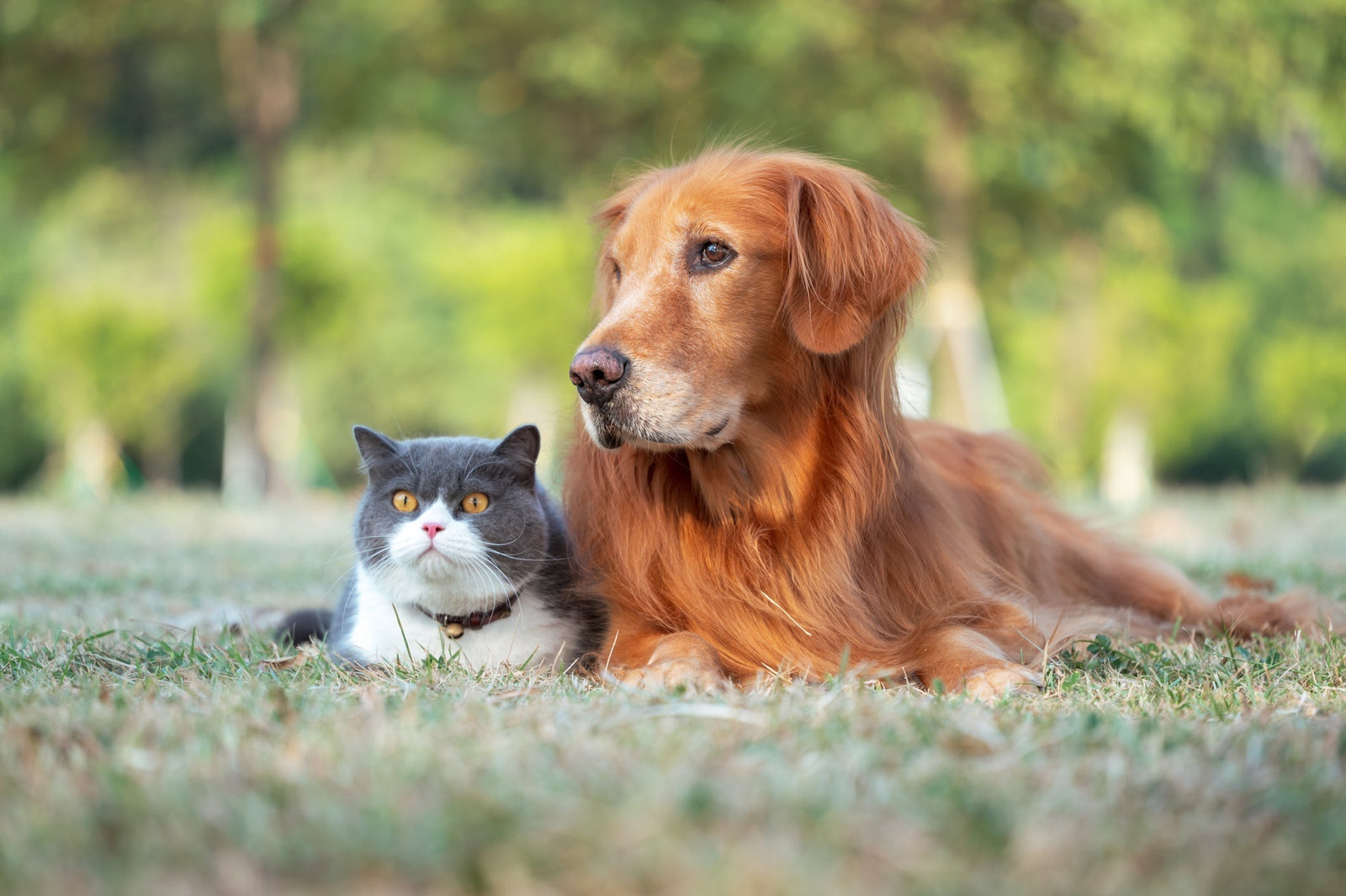
Spring Health Tips for Dogs and Cats
October 31, 2025 2 min read
Spring’s here at last — longer days, fresh grass, and plenty of adventures for our pets. But with all that new life comes a few seasonal challenges.

Join the pack!
Save 10% on your first one-time order


